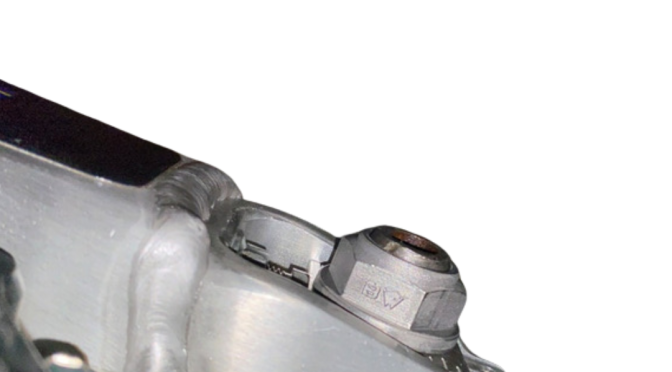Problem:
One of our dedicated customers required a titanium rear axle nut for their offroad motocross bike – although had been put off by high prices for the small but integral part.
Solution:
Head of 3D Printing, Dr Samuel Wilberforce, used his engineering expertise to 3D metal FFF print a low-cost, high-strength, lightweight alternative using 17-4PH stainless steel.
Summary:
The current titanium nut weighs about 30g. However, machining of the titanium nut is complex and comes at a high cost.
The 3D metal FFF printing process offers the capability to print lightweight stainless steel parts with similar or lower weight than titanium parts and has the potential to offer better strength attributes – as well as lower cost than the titanium equivalent nut.
Lightweight 17-4PH stainless steel nuts were printed with 7.5% lattice structure gyroid infill pattern and 0% infill with the aim of achieving 30g or lower weight.
The lightweight 17-4PH stainless steel nuts were printed non-threaded and tapped with M20x1.5 thread after sintering.
For the 7.5% gyroid infill pattern nut a weight of 26g was achieved whereas for the 0% infill nut a weight of 23g was achieved.
Our customer successfully tested the nuts on the motorbike with maximum satisfaction on nut strength and quality.
The customer decided to go with the 7.5 % gyroid infill nut as the gyroid infill pattern offers more uniform strength distribution in nut with lesser directional dependent stresses due to its near isotropic nature and lower anisotropy index.
What the customer had to say:
“I wanted a titanium rear axle nut for my off road motocross bike but the cost of these are around £35 per part. I have been working with CMG to get a part that is similar, if not lighter than the titanium version with design tweaks to suit the installation better than the ‘off the shelf’ products. We discussed different materials and 17-4PH with 7.5% gyroid infill was the material of choice for its uniform strength. A rear axle nut has an M20 thread with a tightening force of 110Nm. Whist tightening, there were no concerns of stripping threads, unlike the stock product.
The stock nuts that come with the bike are mild steel, susceptible to rust and with frequent accessibility for maintenance it becomes an issue when trying to remove it, especially with the high torque setting!
The finish of the 3D printed part is surprisingly good. Being that I am in research and development myself, I deal a lot with plastic printing and compared to that, it’s very good quality. To get the strength and finish it offers is brilliant. If you’re looking for a fast, strong, good quality and cheaper product, 3D printed material is the way to go!”

Figure 1: M20x1.5 (27mm HEX) 3D metal filament printed and sintered lightweight 17-4PH stainless steel nut in use on the racing motorbike. Photo courtesy of customer.

